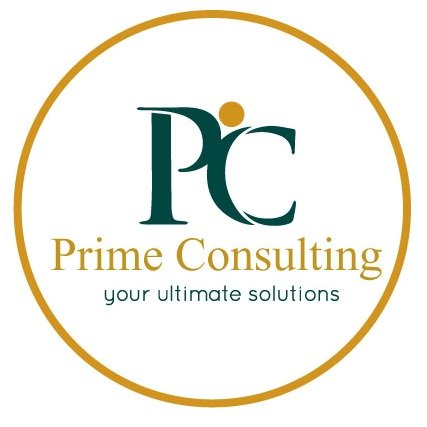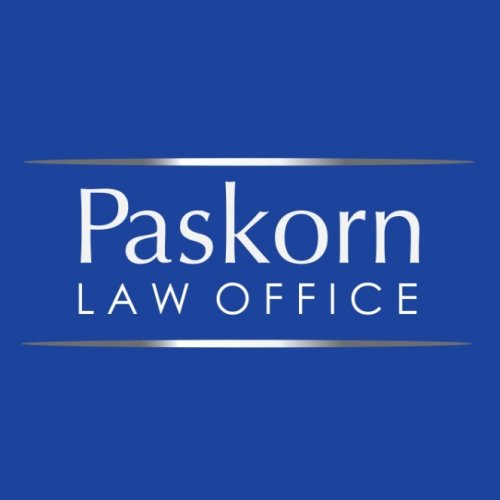Best Government Relations & Lobbying Lawyers in Phuket
Share your needs with us, get contacted by law firms.
Free. Takes 2 min.
List of the best lawyers in Phuket, Thailand
Legal guides written by SIAM LEGAL INTERNATIONAL:
- Defamation Laws in Thailand: Criminal Charges and Civil Suits
- The State of Thailand’s Long-Term Resident (LTR) Visa Program in 2025
- The Penalties Of Not Filing Your Income Tax Return As A Foreigner In Thailand
About Government Relations & Lobbying Law in Phuket, Thailand
Government relations and lobbying in Phuket, Thailand, involve strategically managing relationships with government agencies and officials to influence public policy and decision-making in one's favor. It is part of a broader regulatory framework that governs how businesses and individuals interact with government entities. In Thailand, the lobbying process is less formalized than in some Western countries, yet it remains crucial to understand the local context and practices. Engaging in effective lobbying requires compliance with laws and regulations to avoid potential legal issues, emphasizing the importance of legal guidance in this field.
Why You May Need a Lawyer
There are several situations where individuals or organizations might need a lawyer's assistance for government relations and lobbying in Phuket:
- Understanding and navigating the complex legal framework governing lobbying activities.
- Developing strategies to communicate effectively with government officials.
- Ensuring compliance with all regulatory requirements to prevent legal repercussions.
- Handling disputes or misunderstandings with government agencies.
- Assisting with the drafting and submission of proposals or lobbying documents.
- Facilitating negotiations and interactions with government representatives.
Engaging a lawyer ensures that your lobbying efforts are not only persuasive but also legally sound.
Local Laws Overview
Understanding the local legal environment is critical for effective government relations and lobbying in Phuket. Key aspects of the local laws include:
- Laws governing the transparency and accountability of interactions with government officials.
- Regulations on gifts, donations, and financial contributions to government agencies or officials.
- General business laws and regulations that affect interactions with government bodies.
- Specific sector-related regulations that might affect lobbying activities, such as environmental or tourism laws.
- The framework guiding public policy development and engagement with external stakeholders.
Each of these areas can have significant implications on how you can legally and effectively engage with government entities in Phuket.
Frequently Asked Questions
1. What is the legal definition of lobbying in Thailand?
Lobbying in Thailand is commonly understood to involve efforts to influence government officials or policies, though there is no rigid legal definition as found in some Western nations.
2. Are there specific qualifications required to lobby in Phuket?
There are no formal qualifications needed, but understanding of Thai law, language proficiency, and cultural knowledge are advantageous.
3. Is it legal to give gifts to government officials in Thailand?
While small tokens of appreciation might be part of cultural norms, there are strict regulations against giving gifts that could be perceived as bribery.
4. How can a lawyer assist in government relations?
A lawyer can guide you on compliance, assist in drafting lobbying materials, and represent your interests in dealings with officials.
5. What are the penalties for non-compliance with lobbying regulations?
Penalties can range from fines to more severe legal consequences depending on the nature and severity of the breach.
6. Do I need to register as a lobbyist to engage in lobbying activities?
Currently, Thailand does not require formal registration as a lobbyist, but awareness and adherence to legal standards are necessary.
7. Can foreign entities engage in lobbying in Phuket?
Yes, but they must comply with Thai laws and may face additional scrutiny or regulations compared to local entities.
8. What should be included in a lobbying strategy?
Key components should include clear objectives, understanding of stakeholders, legal compliance plans, and a communication strategy.
9. Is lobbying a common practice in Phuket?
While not as formalized as in other places, strategic engagement with government is both common and necessary for business and policy-related outcomes.
10. How do I find a lawyer specializing in government relations in Phuket?
Look for legal firms with a focus on governmental affairs or ask for referrals from business associations or local chambers of commerce.
Additional Resources
Here are some resources that may be helpful for those seeking advice or information related to government relations and lobbying in Phuket:
- The Thai Chamber of Commerce - Provides guidance on business regulations and government relations.
- Office of the National Anti-Corruption Commission (NACC) - For information on compliance and legal standards.
- Phuket Provincial Government Offices - For direct local governmental guidance and protocols.
Next Steps
If you require legal assistance in government relations and lobbying, consider the following steps:
- Conduct thorough research to understand the basics of local regulations and requirements.
- Consult with legal professionals who specialize in Thai government relations.
- Prepare necessary documentation and outline your objectives clearly before engaging with any government officials.
- Maintain an ongoing dialogue with your legal advisor to ensure compliance and adapt strategies as needed.
Taking these steps can help ensure that your lobbying efforts are strategic, effective, and compliant with local laws.
Lawzana helps you find the best lawyers and law firms in Phuket through a curated and pre-screened list of qualified legal professionals. Our platform offers rankings and detailed profiles of attorneys and law firms, allowing you to compare based on practice areas, including Government Relations & Lobbying, experience, and client feedback.
Each profile includes a description of the firm's areas of practice, client reviews, team members and partners, year of establishment, spoken languages, office locations, contact information, social media presence, and any published articles or resources. Most firms on our platform speak English and are experienced in both local and international legal matters.
Get a quote from top-rated law firms in Phuket, Thailand — quickly, securely, and without unnecessary hassle.
Disclaimer:
The information provided on this page is for general informational purposes only and does not constitute legal advice. While we strive to ensure the accuracy and relevance of the content, legal information may change over time, and interpretations of the law can vary. You should always consult with a qualified legal professional for advice specific to your situation.
We disclaim all liability for actions taken or not taken based on the content of this page. If you believe any information is incorrect or outdated, please contact us, and we will review and update it where appropriate.














